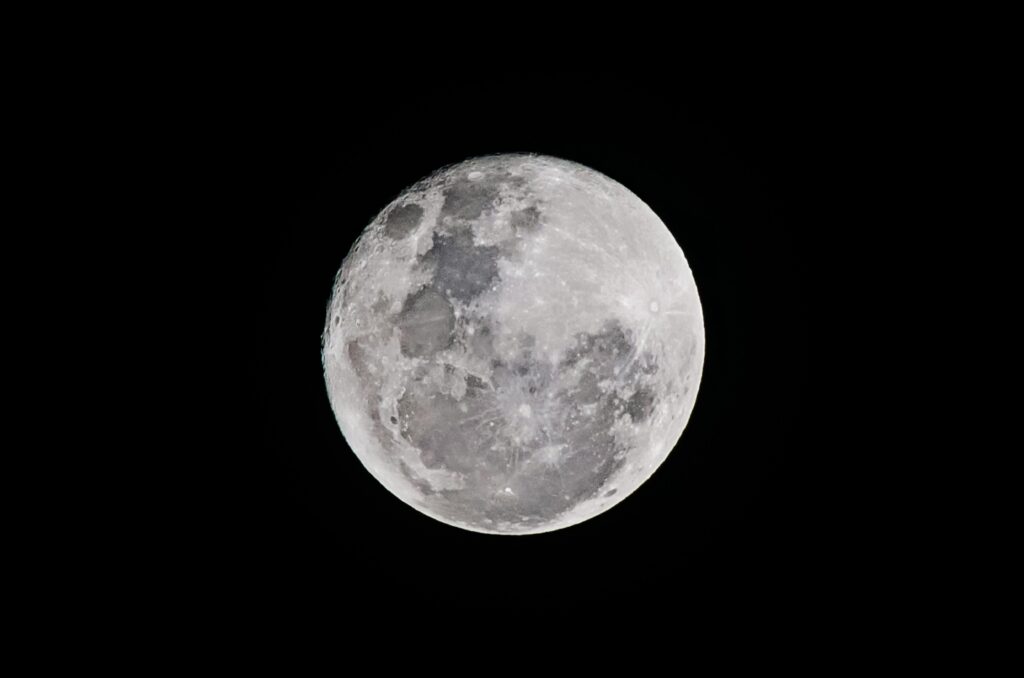
In a move that feels straight out of Interstellar, India has proposed the creation of a Lunar Standard Time yes, a time zone for the Moon.
This isn’t a joke or a late April Fool’s headline. The Indian Space Research Organization (ISRO) recently announced that coordinating future lunar missions would be significantly easier with a consistent, centralized timekeeping system. Think of it as GMT for the gray rock in the sky.
But before you set your smartwatch to “Moon Time,” not everyone is on board.
Why a Moon Time Zone?
As space agencies and private companies increase their lunar activity, timing becomes critical. Future missions from the U.S., China, Europe, and India could overlap on the Moon’s surface or in orbit. A shared temporal framework would help avoid collisions, communication delays, and scientific inconsistencies.
ISRO’s proposal aims to create a reference time that would:
-
Improve synchronization between lunar bases
-
Help autonomous systems operate independently of Earth-based clocks
-
Support commercial ventures like moon mining or tourism (yes, that’s coming too)
Critics Ask: Who Sets Time on the Moon?
Naturally, the geopolitical implications aren’t lost on anyone.
Critics argue this could be less about clocks and more about claims. If India sets the first standard, does that subtly imply leadership or influence in lunar governance?
Other countries might soon respond with their own “lunar clocks,” and before we know it, the Moon could become a timekeeping battleground not just a scientific one.
There’s also a practical challenge: The Moon’s day lasts about 29.5 Earth days. So… what even is a “second” up there?
The Bigger Picture: Space Gets Political
What we’re really seeing here is a shift in how nations project influence. In the 20th century, it was flags and rockets. In the 21st? Time zones. Data. Infrastructure. Soft power has officially left the planet.
As the space race evolves into a space economy, expect more proposals like this some brilliant, some bizarre, all laced with ambition.
Whether or not Lunar Standard Time becomes a reality, one thing is clear: the Moon isn’t just a place we visit anymore. It’s becoming territory to organize, govern, and maybe one day… live by its own clock.






